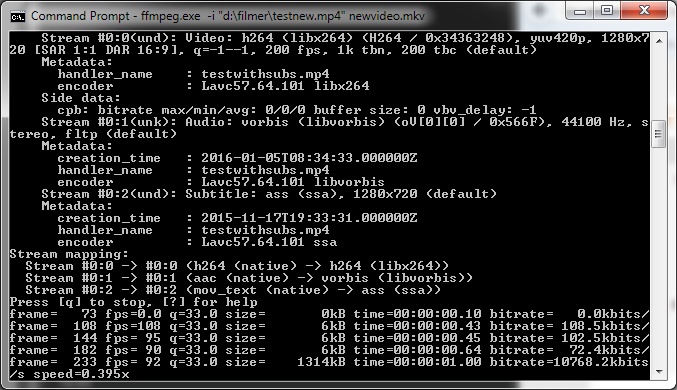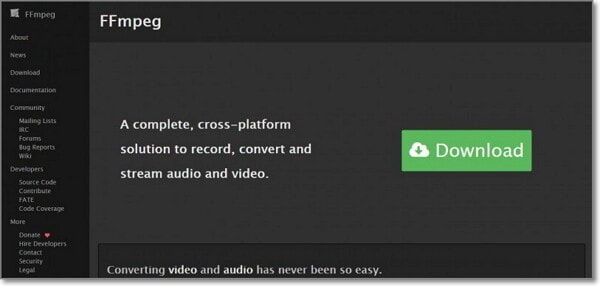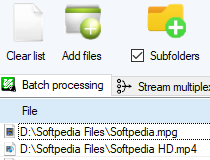

Sox input.mp3 output.wav trim 60 30 # All together now (trimmed fragment in mono, 22.05 Hz sample rate) # Trim a fragment of 30 seconds at an offset of 60 seconds # with the 'trim' effect

Sox input.mp3 output.wav rate 8000 # Newer versions of SoX also support Sox input.mp3 output.wav channels 1 # Change sample rate (again two possibilities) # Convert to mono (two possibilities: by specifying output format # or with the 'channels' effect. It's available for Linux (search for 'sox' in your package manager), Mac OS X and Windows. pitch shifting, reverb, low pass filtering, flanger, etc). SoX (Sound eXchange) calls itself "the Swiss Army knife of sound processing programs" and offers, apart from standard audio format and sample rate conversion, a basic set of effects (e.g. Update: also see a follow up blog post about an execution time comparison between SoX, FFmpeg and MPlayer.

If you need more/other functionality, look in the man pages or ask your favorite search engine. Note that I only cover the operations I mostly need, like format conversion, sample rate conversion, conversion to mono and trimming/cropping. Having a cheat sheet of how to invoke them with the desired options has proven to be very useful, so here is mine. Because I typically have to do this in batch jobs, I'm mostly dealing with command line tools (on Linux) like Lame, SoX (Sound eXchange), MPlayer and FFmpeg. We used the symbol * to indicate all file types.In my day job, I regularly have to convert/transcode/re-encode audio data from one format to another.

Here, the keyword PUSHD is used to include the user-provided directory in the script. In the example, we convert all the file formats to the. The code for our example will look like this: off In this example, we will provide the directory of files in our Batch script, and you don’t have to run the script on the directory where the files are. This example is a bit more advanced than our previous example. Convert All the Files With One Batch File Here we used a for loop to convert all files with format. The code for our example will look like the below. In the example shared below, we can convert files one by one, and you need to run the script on the directory where the files are. Here we use a special keyword, ffmpeg, that allows you to convert from one file format to another.Īlso, we will see an example code with an explanation to make it easier to understand. This article will convert all the files in. But you can automate this task in the Batch, which allows you to convert all the files into a directory using one Batch script. You can convert files from one format to another in a directory. Convert All the Files With One Batch File.


 0 kommentar(er)
0 kommentar(er)
